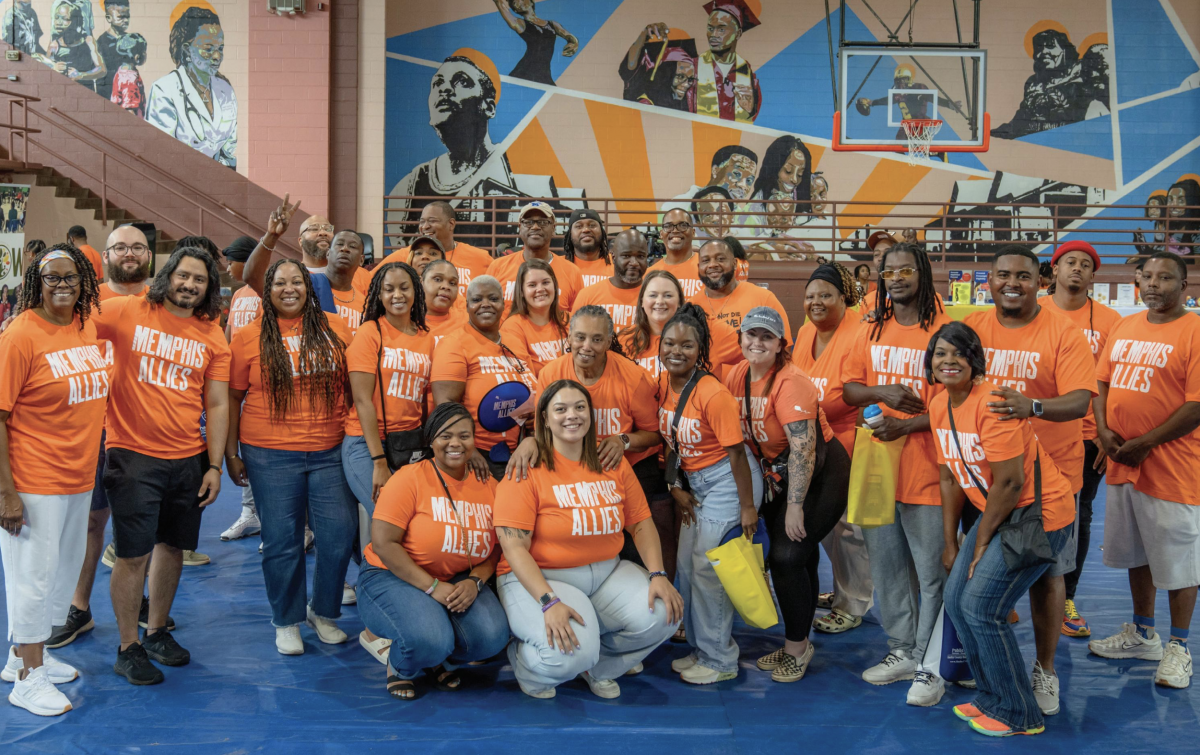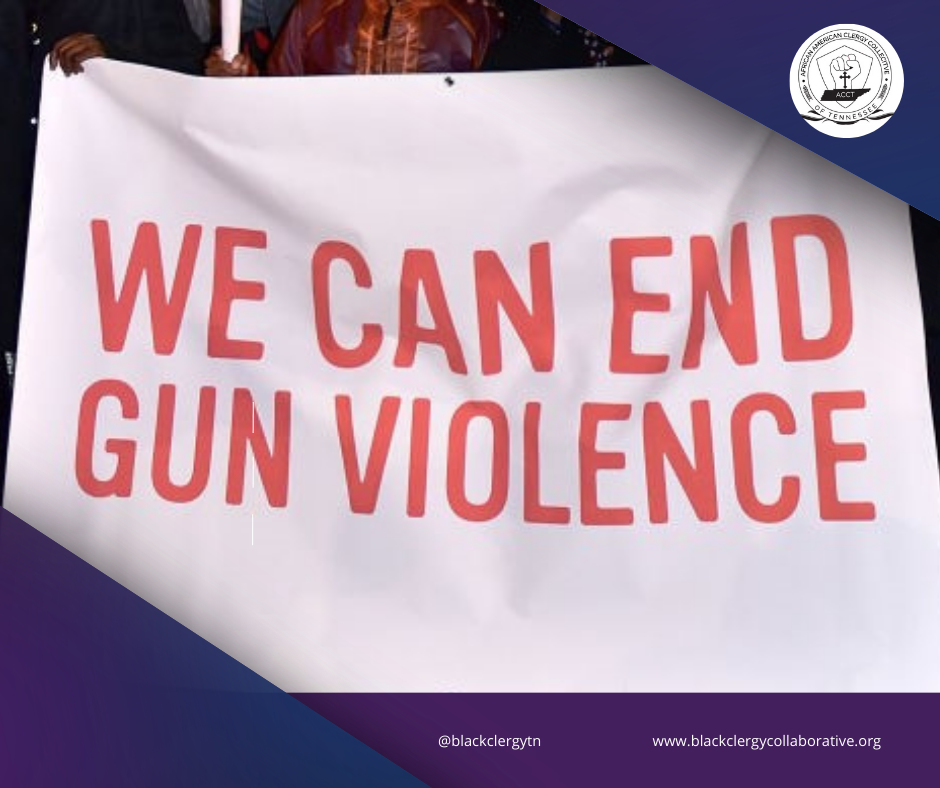Memphis Allies, an initiative launched by Youth Villages, has decided to tackle youth crime and violence with a collaboration and accountability-centered approach.
Support with Intention to Create Hope (SWITCH) is a service currently offered in Orange Mound, Hickory Hill, South Memphis, Raleigh and Frayser. It aims to reduce gun violence and homicides, while also helping participants “reach their full potential,”
Originally started in the summer of 2022, SWITCH has served 512 people in fiscal year (FY) 2023-24. According to Youth Allies, the program brings community partners and other resources into these communities to stop cycles of gun violence and poverty.
Memphis Allies’ 2024 Progress Report said 398 people were killed in the city of Memphis last year, including 36 children. Officials said these statistics exemplify a “cycle of destruction” they hope to stop.
“The reality is that 99 percent of our SWITCH program participants have some affiliation with a gang, clique, or crew,” the report said. “Many of our participants either have a previous gun-related charge and/or have been shot or shot at.”
Besides being affiliated with a gang and directly involved in gun violence, people who have had a friend or family member shot/shot at, a history of criminal justice involvement, are unemployed, and have not completed school face these challenges at a higher rate.
Officials went on to say that 87 percent of people in the SWITCH program have not been involved in gun violence since their involvement.
SWITCH relies on “timely intervention” for its effectiveness, the report says. The 12-18 month long service puts those most susceptible to gun violence — both the victim and the perpetrator — in individual and group sessions. Participants are also engaged in family involvement, employment training,educational support and more to prepare them for success.
“SWITCH Youth is community-based, with life coaches and specialists meeting with participants face-to-face many times a week and staying in touch by phone and text,” the report says. “As participants progress through stages, they work on practical matters such as education and employment and on ways to overcome trauma, modify behavior and make better decisions in the moment.”
The organization uses a four-stage process to help participants, which includes engagement and alignment, self management, relationships and community connection, and vocational and educational connection.
Memphis Allies said involvement in the program is 24-7 work, with outreach specialists, life coaches, case managers, and clinical therapists working around the clock to help participants.
“Many of these adult SWITCH participants already have been incarcerated, sometimes on gun-related charges,” the organization added. “For some, this program represents [the] last chance at making transformative change.”
Renardo Baker, founder of “I Shall Not Die but Live,” is a partner for Memphis Allies and provides SWITCH outreach in Orange Mound. Baker said he “destroyed his community” by being a drug dealer, but has been a positive influence on his community for the past few decades by creating job opportunities for those at risk through his lawn business.
Twins Brandon and Bryan Mathis started the nonprofit TWINS which stands for “together we can impact neighborhoods and nations.” The brothers used their experiences from joining a gang at age 10 to not only implement SWITCH in Frayser, but they also provide life coaching and case management in Hickory Hill through their organization.
“[The partnership] gives us the freedom to do what has been successful and have the resources of Memphis Allies, including data,” Bryan said.
Memphis Allies has a number of partners in their network including The Braid Foundation, City of Memphis, Grind City Cares, Guns Down Orange Mound, Le Bonheur Children’s Hospital, Young Man University and more.
Officials said that in the future they hope to help four times the number of people they served for FY 2023-24.

